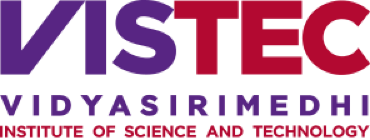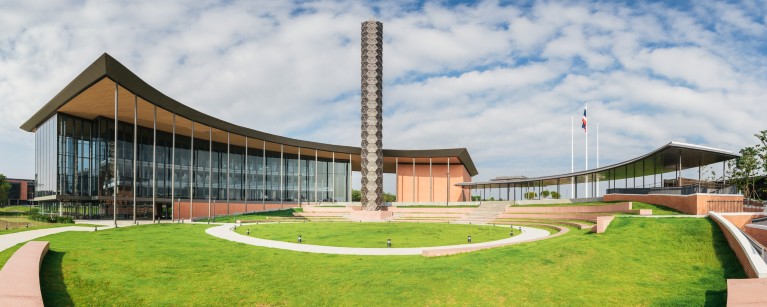
VISTEC has established four schools to focus on the key interdisciplinary areas of future technologies and set up one centre to strengthen our research and expand partnerships:
• Energy and environment – School of Energy Science and Engineering (ESE)
• Advanced materials – School of Molecular Science and Engineering (MSE)
• Biotechnology – School of Biomolecular Science and Engineering (BSE)
• Digital technology – School of Information Science and Technology (IST)
• Research support – Frontier Research Centre (FRC)
Rise in ranking and reputation
Within four years of establishment, our meteoric rise in Nature Index’s ranking is testament to academic excellenceand productivity. Our graduates are in high demand with 100% employment of the first class of 2018.
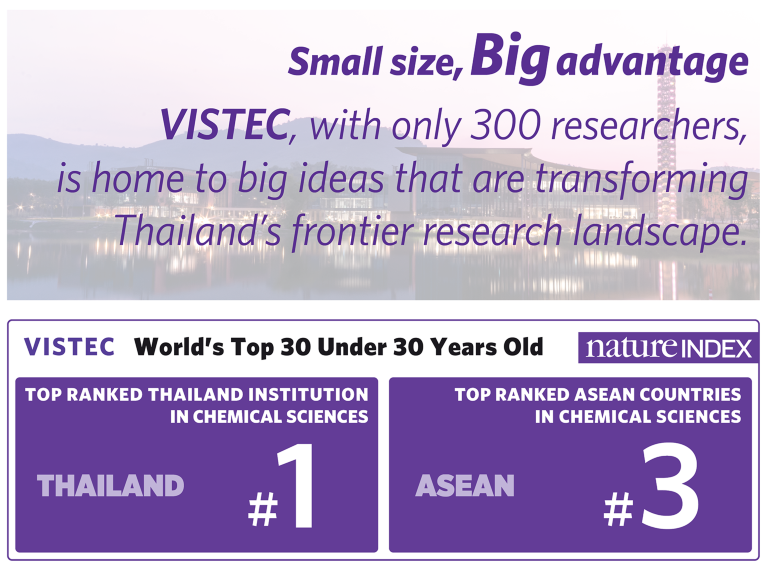
Excellence in four strategic research areas
ESE (Energy) has developed ultrafast-charging supercapacitors with exceptional durability, intended for use in electric public transport vehicles, and has recently established the Centre of Excellence for Energy Storage Technology (CEST), one of ASEAN’s largest university-operated centres for manufacturing innovative batteries. We also actively conduct research in renewable and solar fuels, solar-driven chemical processes, and industrial and pharmaceutical crystallisation.
MSE (Materials) focuses on materials for sustainability and works closely with industry to develop various state-of-the-art materials: advanced catalysts for cleaner, more efficient processes and for CO2 conversion to tackle the climate crisis; stimuli-responsive smart nanomaterials with applications spanning drug delivery to corrosion protection; advanced adsorptive materials for cleaning up toxic wastes; and novel semiconductors for next-generation high-effi ciency lighting and solar cells.
BSE (Biotechnology) excels in synthetic biology, enzyme engineering, biosensor development, and bioprocess engineering, as well as in foundational biosciences such as structural biology and biocatalysis that are instrumental to technological advances. The school has produced a proprietary technology that can convert organic wastes into many useful commodities, including biogas and high-quality fertilisers, and has implemented the technology at local community levels.
IST (Digital) is developing forefront digital technologies that are key for the future automation and AI-driven economy, including: bio-inspired robots for industrial survey and inspection; neural engineering for the next generation of brain-computer interfaces; computer vision with applications in healthcare, robot navigation, and scene visualisation; and AI-based Thai natural language processing that serves many industries.

Triple helix model
To create an ecosystem for frontier research and innovation, VISTEC adopts the triple helix framework and promotes strong relationships between university, government, and industry. The framework is intended for translating the university’s frontier research to utilisation or commercialization by industry through the government’s facilitation in terms of infrastructure and regulations. VISTEC has committed to a “Made in VISTEC 2025” goal, in which a product originated from VISTEC innovations, supported by the government and industry, will be ready for commercialization by the year.
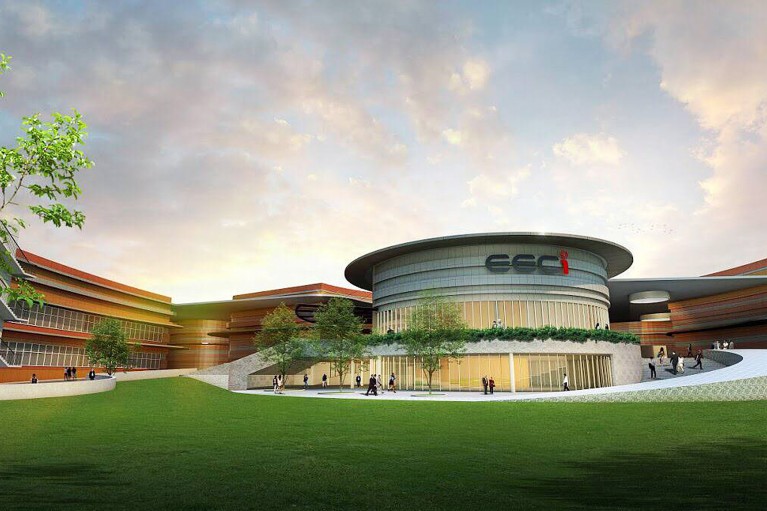
VISTEC and EECi
VISTEC is situated at the centre of the Eastern Economic Corridor of Innovation (EECi) —a special economic area in Wangchan Valley designated by the government to be the hub for six innovation-driven target industries: modern agriculture and biotechnology; biofuels and biochemicals; high-performance battery and modern transport; automation, robotics, and intelligent electronics; aviation and space; and medical devices. This ideal location and strategic alignment of VISTEC’s research with national interests allow close contact between VISTEC and policy-makers and investors. Interested private sectors can leverage the expertise and superior facilities of VISTEC by coming to EECi for collaboration.
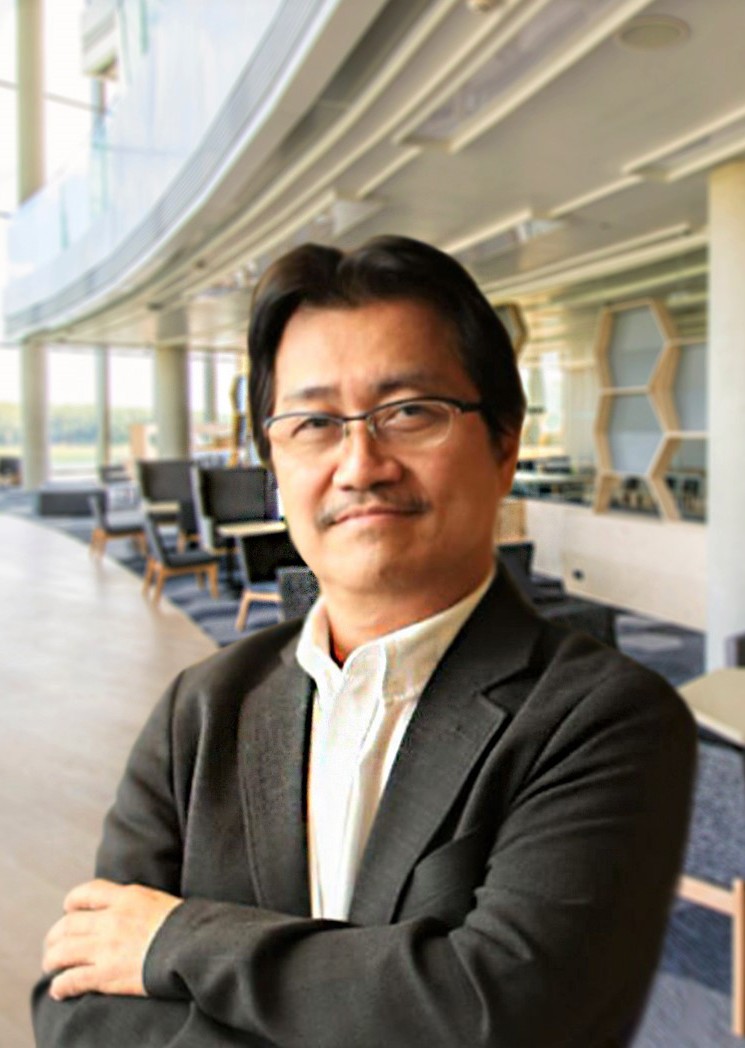
DNA of VISTEC
VISTEC’s president and Thailand’s leading researcher in chemical sciences, Prof. Jumras Limtrakul, summarises what makes VISTEC unique: state-of-the-art facilities, sharp focus on strategic research areas of the future, strong relationship with government and private sectors, and most importantly, passionate faculty and talented students.
A passion for science is embedded in VISTEC members. Led by creative curiosity, we strive to conduct frontier research, cultivate well-versed leaders in science and technology, and contribute to the national demands and global challenges.
VISTEC is supported by


